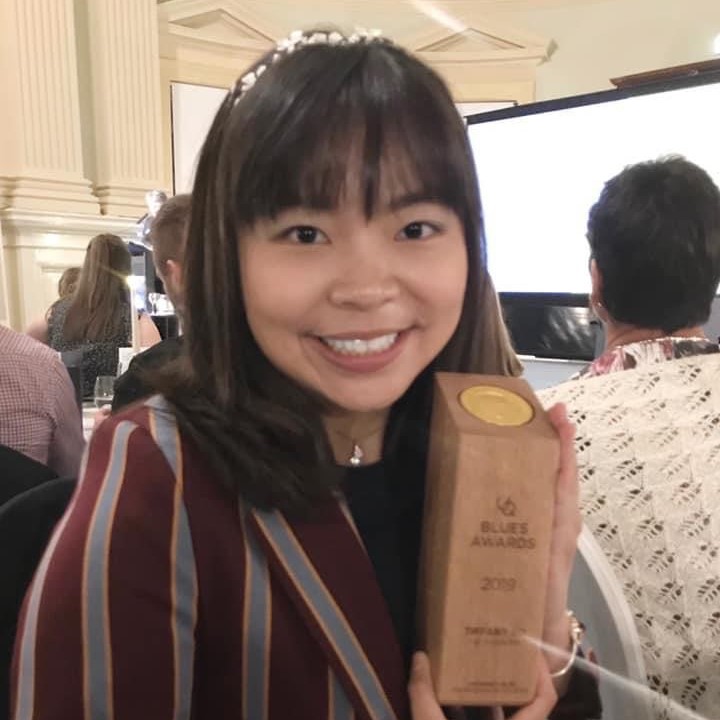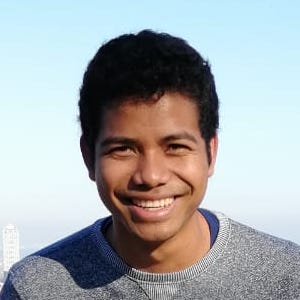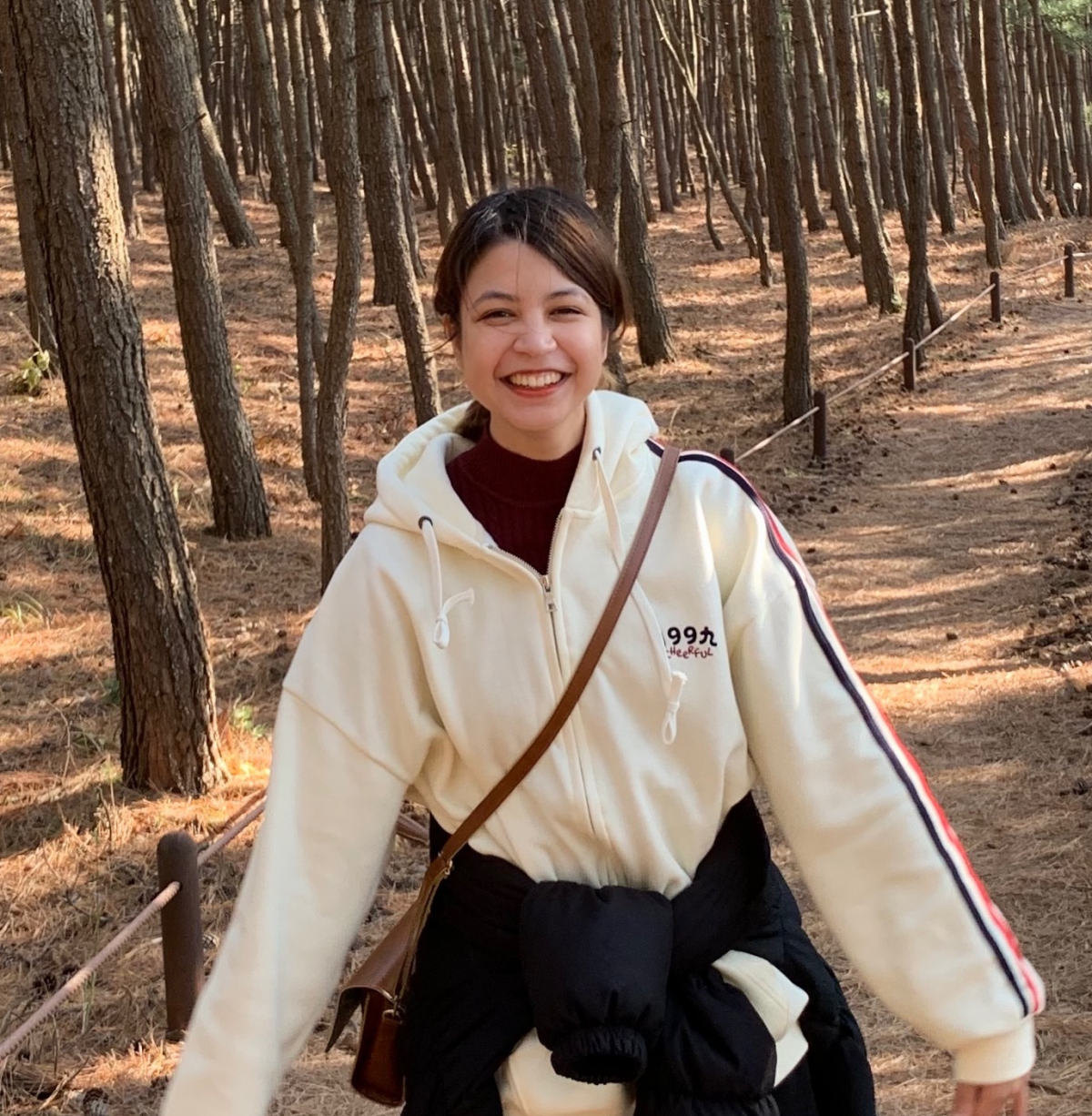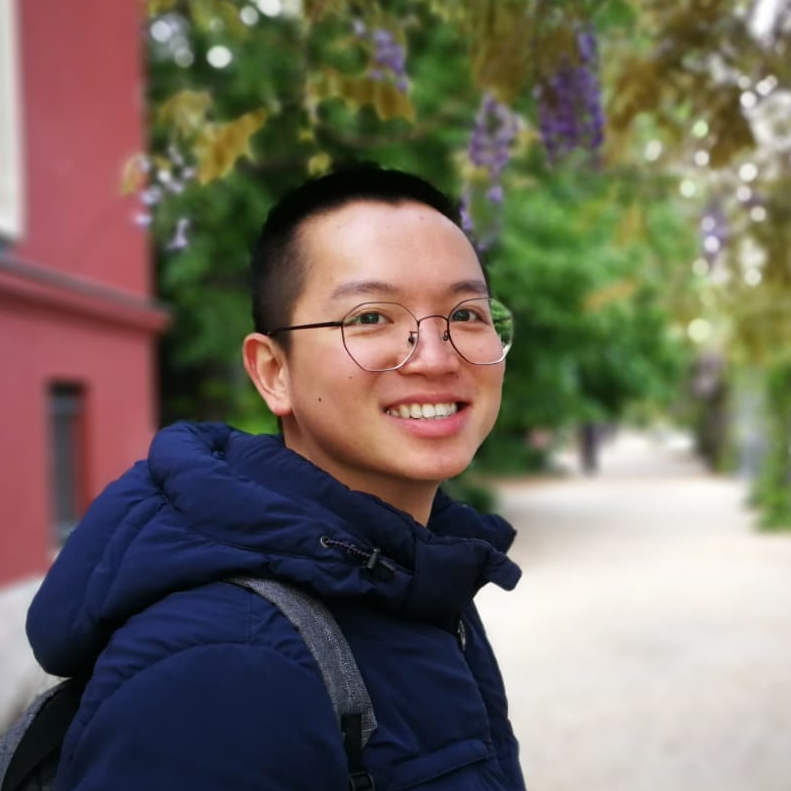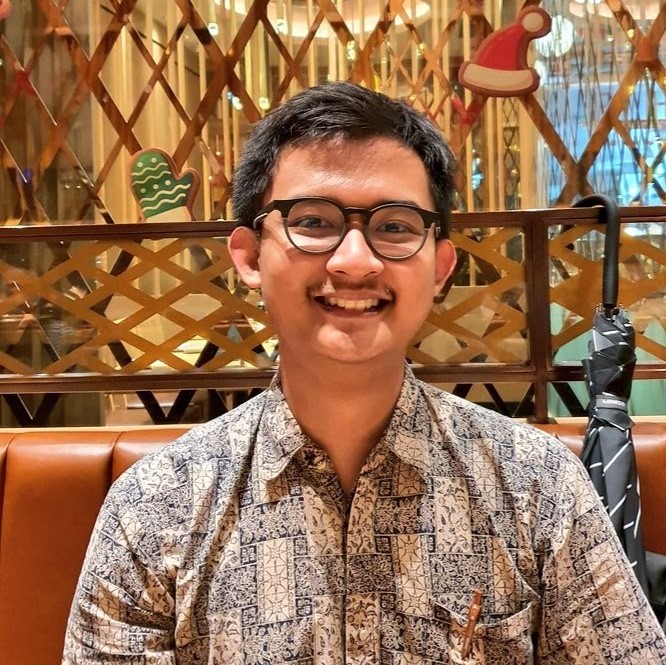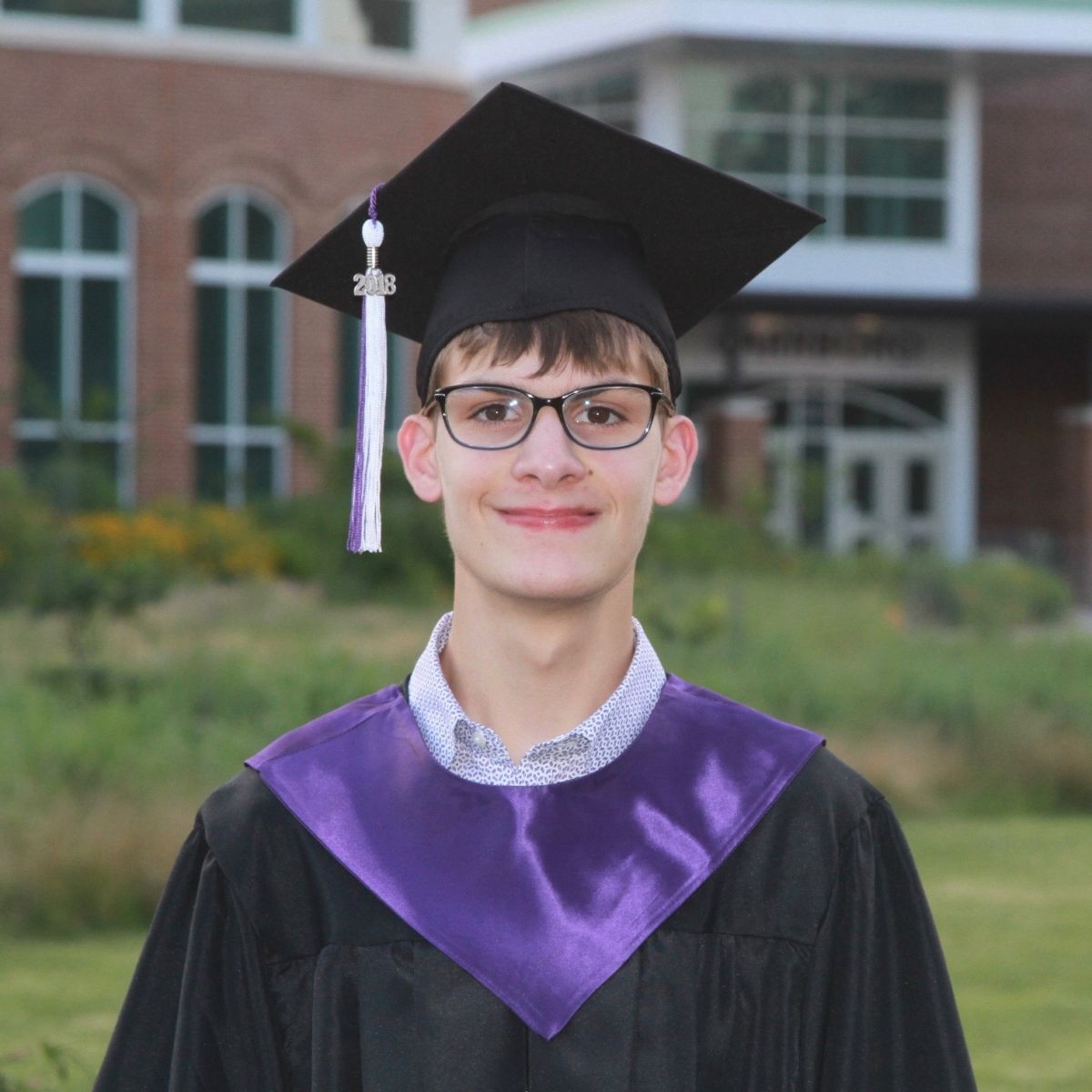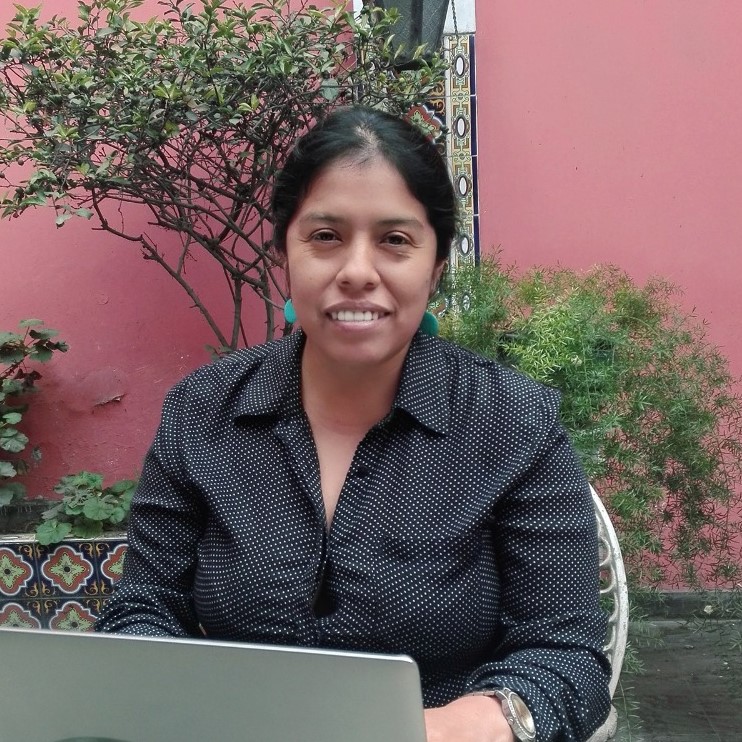Cosa mi ha insegnato diventare un’insegnante: Il mio viaggio verso la tribù Smangus
Dopo aver affrontato difficoltà negli affari, Tiffany ha deciso di trasferirsi presso una piccola tribù sulle montagne di Taiwan e diventare un’insegnante. Questa è la storia di come il tempo trascorso a Smangus ha guarito le sue ferite e l’ha fatta crescere come persona.
Taiwan, Eastern Asia
Story by Tiffany Ko. Translated by Maria Grazia Calarco
Published on April 9, 2022.
This story is also available in 

Ricordo che da bambina ho visto un film sull’istruzione rurale e ho fantasticato che un giorno sarei diventata un’insegnante in un villaggio di campagna. Non potevo immaginare che, qualche anno dopo, sarebbe davvero diventato il mio lavoro. Dal momento in cui mi sono trasferita dalla capitale di Taiwain, Taipei, in questa tribù aborigena che si trova sulle montagne di Taiwan ed è chiamata Smangus (il nome in atayal, la lingua aborigena del posto), la mia vita non è stata più la stessa.
In quanto praticante e insegnante di taekwondo, quando frequentavo l’università in Australia ho avviato un’attività in proprio, con la quale insegnavo sport ai bambini e agli adulti e organizzavo campeggi ed eventi sportivi. Avevo fondato questa attività da sola ed era prosperata in fretta, diventando una piccola società con contatti con aziende, associazioni e agenzie. A quei tempi avevo 23 anni e pensavo che sarei diventata un’imprenditrice “di successo” e che da quel momento in poi la mia vita sarebbe stata facile. Sognavo di essere una delle migliori imprenditrici e di ricevere apprezzamenti dagli altri.
Sono arrivata a un punto in cui non mi sentivo più in grado di essere una leader e non vedevo alcuna speranza né per la mia carriera né per la mia vita.
Tuttavia, come si dice a volte: “Le persone orgogliose non fanno molta strada”. Quando ho scoperto che la mia socia in affari aveva rimosso il mio nome dal nostro conto bancario in comune, mi sono sentita estremamente delusa. Con i soldi che le avevo dato, ha mandato avanti l’attività da sola. Questo mi ha provocato un grande dolore, perciò ho deciso di lasciare l’Australia e ritornare nel mio paese d’origine, Taiwan, per avviare una nuova azienda. Dopo cinque mesi di pianificazione, ho aperto una palestra nel centro di Taipei. L’attività ha continuato a crescere e ha raggiunto risultati di gran lunga migliori di quanto mi sarei aspettata. Tuttavia, a un certo punto, ho cominciato a sentirmi esausta pensando al mio lavoro, e sfinita nella mente e nello spirito. Allo stesso tempo, i miei impiegati hanno cominciato a lamentarsi dello stipendio e del carico di lavoro. Sono arrivata a un punto in cui non mi sentivo più in grado di essere una leader e non riuscivo a vedere alcuna speranza né per la mia carriera né per la mia vita. “Sono un fallimento”. Mi sembrava che il mondo intero mi stesse dicendo di mollare.
“Come potrei, io che ero a capo di un’azienda, diventare un’insegnante in un villaggio rurale?” Avevo paura di come gli altri mi avrebbero giudicata.
Nel marzo di quest’anno, l’epidemia da covid-19 ha colpito duramente Taiwan. Molte attività economiche hanno attraversato un momento difficile, e tante persone hanno perso il lavoro. Questo ha reso ancora più difficile per me che ero disoccupata trovare un lavoro. Ma un giorno mi è venuta in mente un’idea: “Diventerò un’insegnante in un villaggio di campagna”. Ho fatto qualche ricerca e ho trovato una scuola elementare che stava cercando insegnanti. Ho dato un’occhiata al loro sito web e ho pensato: “Perché no?” A essere onesta, non è stata una decisione facile perché feriva il mio orgoglio. Ma poi ho riso di me stessa: “Chi ti credi di essere?” mi sono detta. “Perché dovrei guardare questo lavoro dall’alto in basso?” Provavo un senso di vergogna dentro di me. “Come potrei io, che ero a capo di un’azienda, diventare un’insegnante in un villaggio di campagna?” Avevo paura di come gli altri mi avrebbero giudicata.
Le difficoltà finanziarie che stavo attraversando in quel periodo mi hanno spinto a respingere tali pensieri e ho deciso di provarci. Alla fine, sono andata a fare il colloquio, ho ottenuto il posto, ho fatto le valigie e mi sono trasferita presso la tribù Smangus. [1]
Sono diventata un’insegnante e insegno inglese, musica ed educazione fisica ai bambini aborigeni. Inoltre, ho formato una squadra di taekwondo e accompagno i bambini alle competizioni sportive. Da quando ho cominciato a insegnare, la mia vita non è stata più la stessa.
L’istruzione è preziosa a Smangus. Qui i bambini non hanno le stesse opportunità di seguire attività extracurriculari dei bambini che vivono in città perché i pochi insegnanti presenti sono già occupati con le lezioni regolari. A differenza delle altre scuole, i disagi del trasporto pubblico ci rendono difficile trovare insegnanti o allenatori sportivi che si occupino delle attività extracurriculari. In più, la nostra scuola riceve pochissimi fondi dal governo a cause di difficoltà amministrative. Ecco perché ho deciso di fondare un club di taekwondo per tutti i bambini della tribù. Far parte di un club sportivo è anche un buon modo per imparare le sane abitudini quotidiane. Non si tratta solo di migliorare nelle abilità sportive, ma anche di comprendere l’importanza della disciplina per sviluppare abitudini più sane. Per esempio, i bambini hanno cominciato a mangiare cibi più nutrienti da quando insegno loro i principi dell’alimentazione sportiva.
Non è stato facile. La mia squadra di taekwondo ha cominciato senza fondi e con attrezzature che ci sono state donate da istruttori e fornitori da tutte le città di Taiwan. Ho sfruttato il potere di internet per condividere video e post in modo da aumentare l’attenzione verso l’educazione fisica nelle scuole rurali. Ho anche avviato una raccolta fondi per finanziare i nostri viaggi per partecipare alle competizioni sportive in città. Con mia sorpresa, molte persone mi hanno contattato per offrire il loro aiuto. I bambini amano le arti marziali, soprattutto il taekwondo con tutti suoi calci e le sue giravolte. Adesso, ogni volta che vedo i bambini che si divertono e si aiutano a vicenda durante gli allenamenti, mi sento felice e infinitamente grata.
Il senso di comunità è molto forte all’interno della tribù. I bambini pranzano insieme al ristorante comune dove le nonne cucinano per tutti i membri della tribù. La particolarità di questa scuola è che gli allievi dalla prima alla sesta classe fanno lezione a tempo pieno perché i genitori sono impegnati con il lavoro fino a tardi. Rispetto ad altri posti, gli insegnanti qui hanno una maggiore responsabilità verso i bambini.
Mi sono liberata dal senso di vergogna che provavo, e ho trovato qui uno scopo e la speranza.
Gli aborigeni mi considerano parte della loro famiglia e mi hanno fatto capire cosa significhi vivere “senza pensieri”. Tramite il canto, il cibo e la loro schiettezza, le persone non scappano via dai problemi ma li guardano dritti in faccia. Mi sono liberata dal senso di vergogna che provavo, e ho trovato qui uno scopo e la speranza. E soprattutto, c’è amore e unità tra i membri della tribù Smangus. E insieme all’amore, le persone condividono gioie e dolori, e così il loro fardello si fa più leggero. Anche se le condizioni di vita non sono ottimali come nelle città, le persone a Smangus lavorano insieme e creano armonia.
Guarda Tiffany che si presenta insieme alla tribù Smangus:
Ho fatto la differenza per me stessa. Ho cominciato ad apprezzare le piccole cose nella vita di tutti i giorni. Quando soffia il vento, quando sorge il sole, quando cade la pioggia, e quando i fiori sbocciano, mi sento grata per tutti questi momenti. Un tempo vivevo nell’abbondanza ma mi mancava qualcosa dentro, convivevo con l’ansia e con il vuoto, non sapendo quale fosse il senso della mia vita. Conosciamo tutti la frase “dare è meglio che ricevere,” e sono qui per dire che è vero, dare vale molto di più. Non si comprende cosa significhi davvero finché non si fa il primo passo, si mettono da parte le preoccupazioni e ci si lancia in una nuova sfida.
[1] La tribù Smangus si trova a un’altitudine di 1500 metri alle pendici del monte Xuebai a Hsinchu, Taiwan. Smangus è uno dei villaggi aborigeni più sperduti di Taiwan. L’energia elettrica non è arrivata fino al 1980, e la strada verso il mondo esterno non è stata aperta fino al 1995. Gli abitanti del villaggio sono attivamente impegnati nel promuovere una “gestione collettiva” del turismo. Questo sistema speciale è stato avviato con un piano chiamato “Tunan-Smangus” che significa cooperazione, unità e comproprietà della terra. Attraverso la gestione collettiva, gli abitanti della tribù Smangus condividono i profitti equamente e hanno fondato un’associazione che si occupa delle decisioni importanti e della vita quotidiana degli abitanti. Grazie al loro modo di vivere in armonia e ai bellissimi panorami che Smangus ha da offrire, la tribù è stata ribattezzata la “Tribù di Dio”. Per maggiori informazioni, visita il sito web: https://www.smangus.org/pinsbkan.html
How does this story make you feel?
Follow-up
Do you have any questions after reading this story? Do you want to follow-up on what you've just read? Get in touch with our team to learn more! Send an email to [email protected].
Talk about this Story
Please enable cookies to view the comments powered by Disqus.
Subscribe to our Monthly Newsletter
Stay up to date with new stories on Correspondents of the World by subscribing to our monthly newsletter:
Other Stories in Italiano
Explore other Topics
Get involved
At Correspondents of the World, we want to contribute to a better understanding of one another in a world that seems to get smaller by the day - but somehow neglects to bring people closer together as well. We think that one of the most frequent reasons for misunderstanding and unnecessarily heated debates is that we don't really understand how each of us is affected differently by global issues.
Our aim is to change that with every personal story we share.
Community Worldwide
Correspondents of the World is not just this website, but also a great community of people from all over the world. While face-to-face meetings are difficult at the moment, our Facebook Community Group is THE place to be to meet other people invested in Correspondents of the World. We are currently running a series of online-tea talks to get to know each other better.











